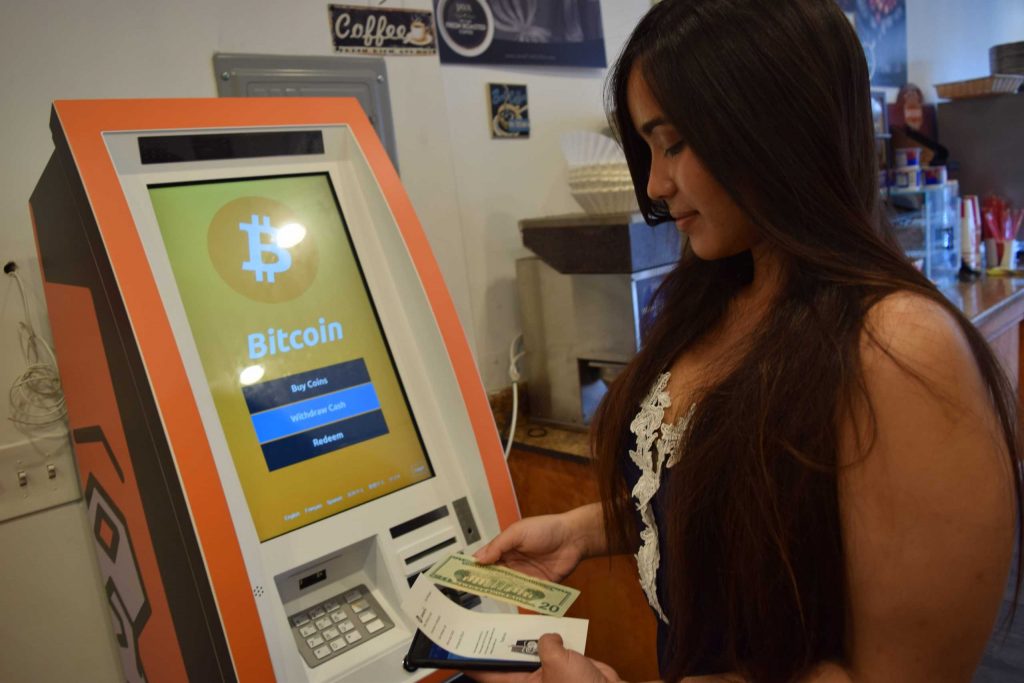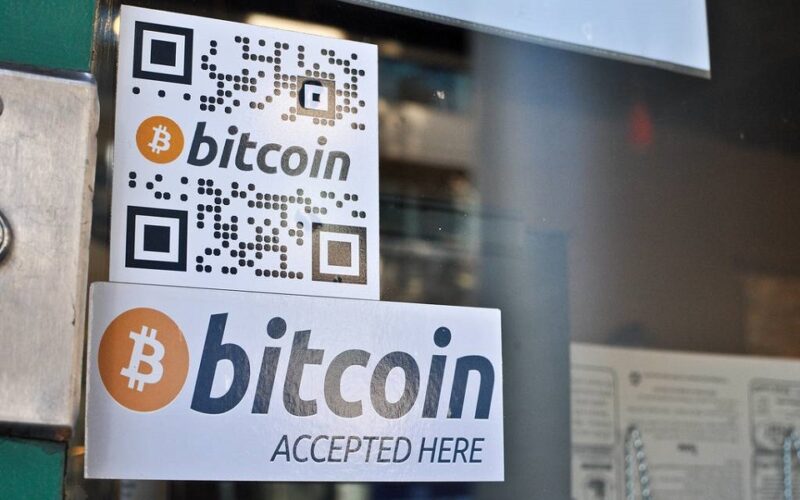Singapore has taken the global lead in everyday crypto usability, topping the latest Crypto Comfort Index with a near-perfect score of 99 out of 100. The November 2025 report by decentralised exchange ApeX Protocol highlights how rapidly digital currency usage is accelerating.
Yet, it shows a noticeable absence of African nations among the most crypto-comfortable countries.
Seven metrics were considered: ownership rates, per capita crypto ATMs, local exchanges, search interest in crypto payments, availability of crypto debit cards, in-country transaction options, and the ability to purchase real estate with digital assets. It also evaluates how easy and practical it is for residents to use crypto for everyday transactions.
The report indicates that 25% of Singaporeans now own digital assets, the highest adoption rate worldwide.

Singapore’s position at the top is largely due to a policy environment that actively supports crypto innovation. The city-state operates 81 crypto exchanges and allows digital currency payments across a wide range of services.
Consumers can shop at local stores, pay with crypto debit cards, and even buy property using digital assets. This full-stack usability, combined with high ownership levels, has made Singapore the world’s most seamless place to live a crypto-integrated lifestyle.
Just behind is the United States, scoring 97. Although adoption is lower at 15.5%, the U.S. hosts the world’s largest physical and digital crypto infrastructure.
With more than 31,000 crypto ATMs and 166 exchanges, American users can easily convert, hold, and spend their assets. Search interest in crypto payments is also remarkably high, indicating growing demand for everyday usage. Like Singapore, the U.S. offers legal clarity and supports crypto payments for goods, services, and real estate transactions.
Also read: With MiniSend, Chris Oketch is building a better payment tool for Africa’s creator economy
Switzerland ranks third with a score of 95.3. Long regarded as a crypto-friendly nation, Switzerland supports 1,130 crypto ATMs, an impressive number for its population size, and has integrated crypto payments into sectors such as real estate.
While crypto debit cards are not widely available, the country’s extensive in-person and digital transaction infrastructure compensates for that gap.
Singapore leads and the gap is unevent
Hong Kong and Canada round out the top five, with scores of 93.3 and 90.1, respectively.
Hong Kong benefits from a strong regulatory framework and a developed exchange ecosystem. Canada, meanwhile, offers one of the largest ATM networks globally and allows citizens to make local purchases and property deals with digital currencies.


Australia, Brazil, Portugal, Ireland, and the Philippines complete the top 10, each demonstrating a mix of strong ownership rates, improving infrastructure, and liberal regulatory environments.
But despite rapid adoption in parts of Africa, particularly Nigeria, Kenya, and South Africa, no African nation appears in the global top tier. While some African countries lead in peer-to-peer crypto trading, issues such as inconsistent regulations, limited ATM infrastructure, and fewer crypto-enabled commercial services likely impacted their scores.
A spokesperson for ApeX Protocol says the index reflects a moment of transition in global finance. Young people, they argue, are driving adoption at a pace many governments struggle to match.
According to the spokesperson, major financial institutions now have significant exposure to digital assets, making widespread usage “inevitable”. Countries that adapt early, the spokesperson adds, will gain long-term advantages in attracting investment and digital talent.


The broader picture suggests a world where crypto is moving far beyond speculative trading. Everyday usability, whether paying for a loaf of bread, transferring funds, or buying a home, is becoming a benchmark for national competitiveness.
As more countries refine their digital finance strategies, Nigeria must take decisive steps to translate its outsized crypto adoption to ease of everyday use. Only then will Africa stand a chance at the global Crypto Comfort Index.







